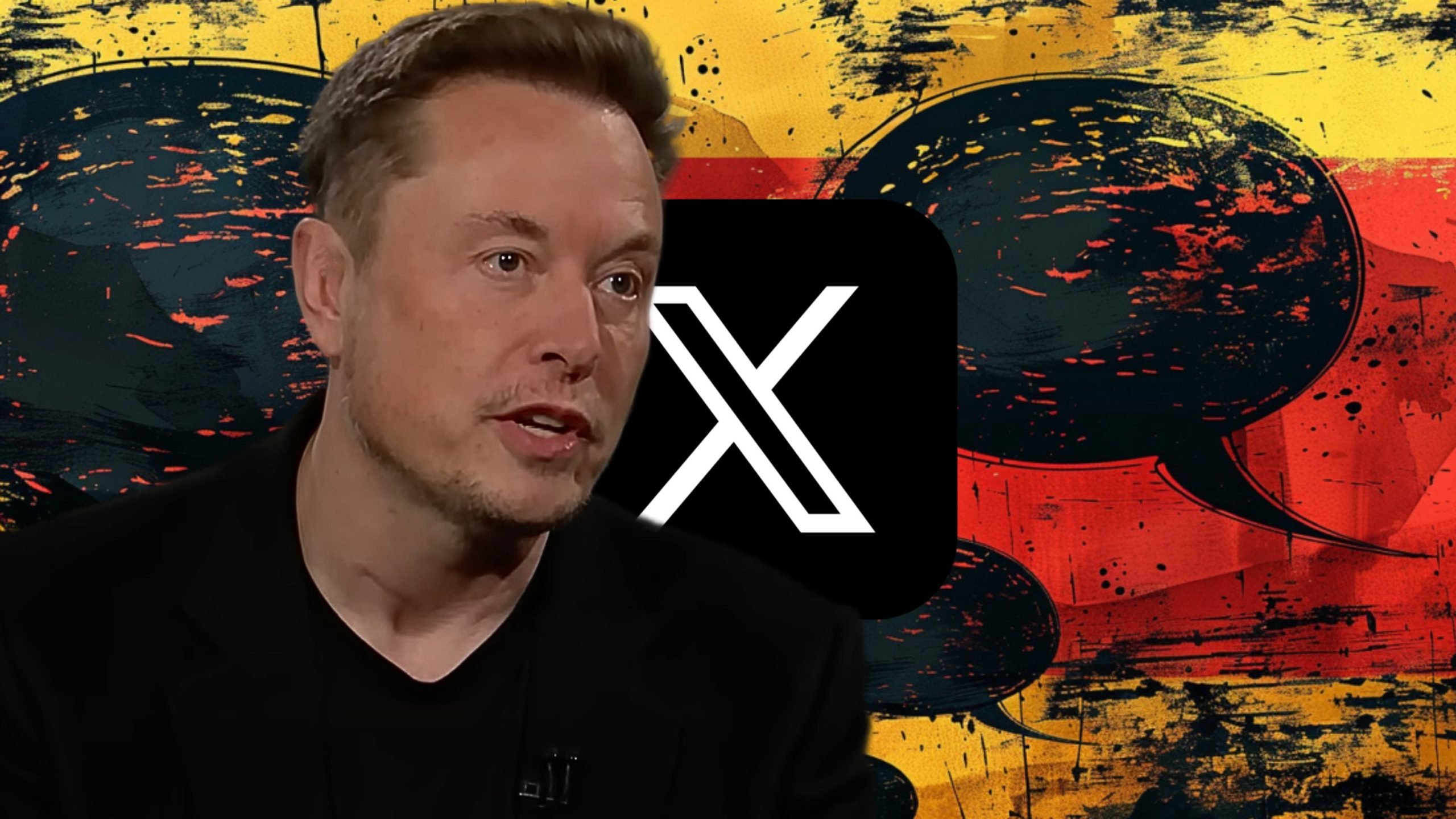If you’re tired of censorship and dystopian threats against civil liberties, subscribe to Reclaim The Net.
Elon Musk’s endorsement of Germany’s Alternative for Germany (AfD) party has sparked significant controversy, particularly among European political figures concerned about the potential for what they call “foreign interference” in Germany’s upcoming elections.
Musk, the CEO of X, voiced his support for some of AfD’s policies following a deadly terror attack in Germany. His comments have raised alarm among EU officials, prompting calls for increased scrutiny of the X app and its compliance with the EU’s stringent censorship laws.
Thierry Breton, the European Union’s former Commissioner, took to X to express his outrage over Musk’s support for AfD. In a tweet posted on December 21, Breton accused Musk of being involved in “foreign interference” in Germany’s electoral process, especially given the timing of his comments around the tragic attack in Magdeburg.
Breton, who has been an advocate for strict censorship of social media platforms, and even threatened Elon Musk for over his interview with President Donald Trump, also called for the immediate application of the EU’s Digital Services Act (DSA) to combat what he described as “double standards” when it comes to regulating speech online.
Breton’s tweet read: “A few weeks ahead of the next elections in Germany, and at the time of the heinous attack in Magdeburg, @elonmusk — the world’s top influencer on X and a potential member of the future U.S. administration — openly supports the far-right AfD party. Isn’t this the very definition of foreign interference? We must end the ‘double standards’ and apply the #DSA in Europe  ”
”
This rhetoric reflects the growing unease among pro-censorship EU officials, who have long sought to use legislation like the DSA to control what is shared on social media platforms.
Musk’s support for AfD, a party criticized by some for its skepticism of some immigration policies and labeled as “far-right,” has spurred discussions about free speech and government intervention online.
Karl Lauterbach, the German Health Minister, also weighed in, echoing concerns about Musk’s political influence. He accused Musk of election interference and advocated for keeping a “close eye on the goings-on on X.”
Lauterbach, a well-known advocate of restricting speech on social media, has called for greater scrutiny of platforms that he believes allow for the unchecked spread of “extreme” views.
This growing tension between free speech advocates and pro-censorship officials comes at a time when Musk’s platform, X, has become a battleground for political discourse, especially with the European Union’s push to enforce stricter speech regulations.
If you’re tired of censorship and dystopian threats against civil liberties, subscribe to Reclaim The Net.
The post Elon Musk’s AfD Endorsement Triggers EU Push for Stricter Censorship Under Digital Services Act appeared first on Reclaim The Net.

